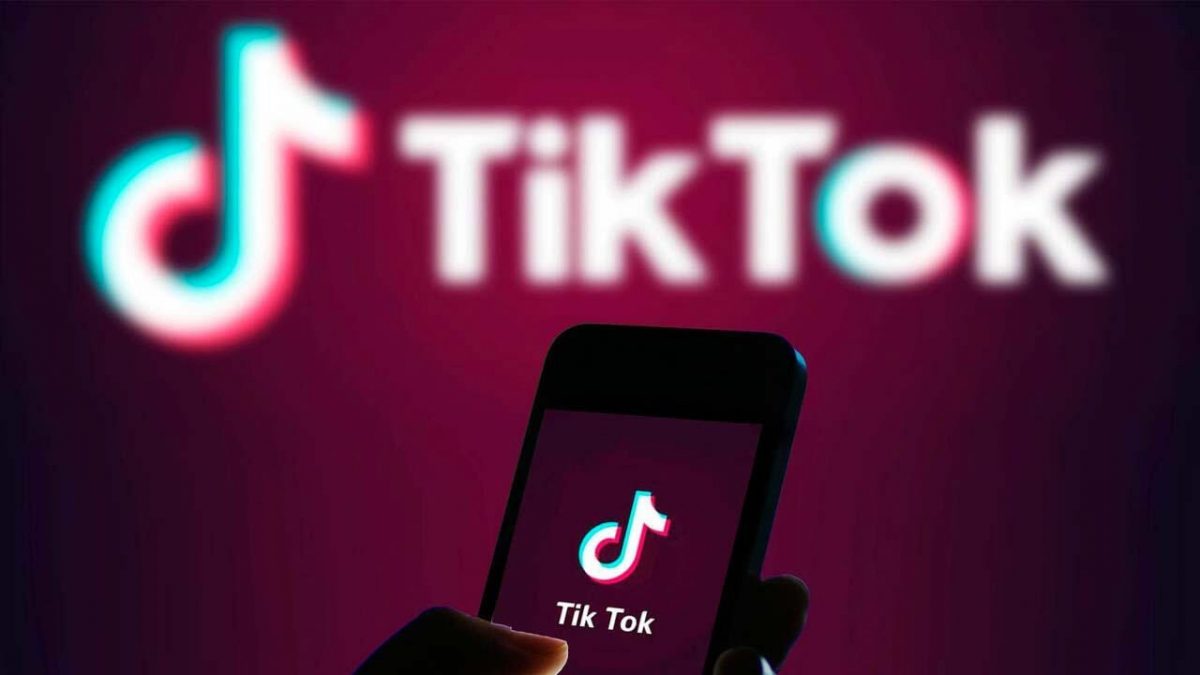Do cybersecurity allegations against TikTok hold up?

TikTok is one of the most popular applications. It reached more than 3.5 billion downloads according to analyst data by Sensor Tower; that is an increase of 2.7 billion downloads in the past three years.

Back in 2020, when TikTok downloads were around the 800 million mark, the app escaped a ban in the United States in the last minute.
History does not always repeat, but in the case of TikTok, its 2023 situation is almost identical to the 2020 situation. TikTok is a China-based company, and since it is highly influential, politicians have expressed concerns and fears regarding it.
In the United States, government agencies have been ordered to remove TikTok from staff devices. India banned TikTok and several other Chinese applications in 2020 already. A ban in the United States could have a domino effect, as U.S. allies might then also consider banning the application.
Three cybersecurity allegations are leveled against TikTok:
- The app collects "excessive" amounts of data".
- The Chinese government could use TikTok to spy on its users.
- The Chinese government could use TikTok as a political influencing tool.
TikTok's data collecting
Data collecting is not uncommon, especially in the mobile world. Many apps collect an excessive amount of data, often for advertising purposes or reselling of the data.
Studies on TikTok's data collecting are not conclusive. An analysis of TikTok by Australian and U.S. cybersecurity organization Internet 2.0 concluded that "permissions and device information collection are overly intrusive" and that TikTok was harvesting data excessively.
A 2021 study by Canada-based Citizen Lab came to a different result. The researches noted that "TikTok collects similar types of data to track user behaviour and serve targeted ads". They did not find evidence of "overtly malicious behavior".
Another study on TikTok by the Internet Governance Project concluded that "the data collection by TikTok can only be of espionage value if it comes from users who are intimately connected to national security functions and use the app in ways that expose sensitive information". TikTok data collection is not that different from most "other social media and mobile apps".
TikTok as a Chinese government spying tool
TikTok is owned by the Chinese company ByteDance. The company told the BBC that it "is fully independent and has not provided user data to the Chinese government" and that it would not do so "if asked" to hand over data.
The banning attempt of 2020 suggested that the application's data collecting could allow China to "track the locations of federal employees and contractors, build dossiers of personal information for blackmail, and conduct corporate espionage".
Article seven of China's National Intelligence Law is often cited. Chinese organizations and citizens need to "support, assist and co-operate" with Chinese intelligence efforts.
TikTok claims that its Chinese employees can't access data of non-Chinese users. The company had to admit, however, several employees from mainland China did access data of at least two journalists from the United States. ByteDance dismissed these employees and stated that it is storing user data in the US and Singapore. The company plans to create data centers in Ireland to store EU-user data there.
TikTok as a tool to influence users
Social media apps are widely used. As such, they have the theoretical option to influence users through story promotions and other activities.
The argument levelled against TikTok is not all that different from arguments levelled against Twitter, Facebook and other social media sites and apps.
Proponents for a ban of TikTok argue that the Chinese government could take control of TikTok or its algorithms to influence users from other countries.
Closing Words
Apart from TikTok's data collecting, which is certain excessive, but still in line with the data collecting of other apps of its kind, allegations against TikTok are mostly theoretical in nature.
Now You: should TikTok be banned?



















Nice joke indeed!
The answer above was for @Gavin B., I don’t know why was placed here.
Wasn’t there an article a some time ago possibly a year or two of someone that attempted to analyze the code and in doing so made a number of alarming discoveries.
I’m not going to comment on other apps or companies because that’s not what this article is about. Just because someone else is doing it too doesn’t make it fine and using that as cover is weak at best. Lets address these companies one at a time. None of them should be taking in as much data as they do but what do you expect when you have companies like Apple and Google governing everything.
What I feel would be a completely logical start would be to not have any such forced apps preinstalled on phones to start with. Facebook, twitter, tik-tok, Youtube, instagram, whatsapp etc should not be preinstalled on a phone and they definitely should not be made so they cannot be uninstalled.
We all know why they are there though and we all know who gets paid to have them preinstalled and its definitely not you or me.
The U.S. government is only good government for all of the world. U.S. government doesn’t collect any data from users, doesn’t spy on them and doesn’t use their data for political purposes!! all users must use Facebook, Twitter and… and no country has the right to ban them!!
(Joke Alert)
With a name like Tik Tok its bound to be a time bomb!
Oh sure, ban it. I don’t care. Just don’t forget to ban the others (Facebook, Twitter,…) too, as the do exactly the same, just not for the same government.
What? The american gobernment is spying on me??! No way, it’s only the chinese one doing it, that’s what I’bve been told!!!!!11111eleven China bad! USA USA!!
So, a critical mind and a bit of caution may be useful. I wonder how many TikTok users that covers.